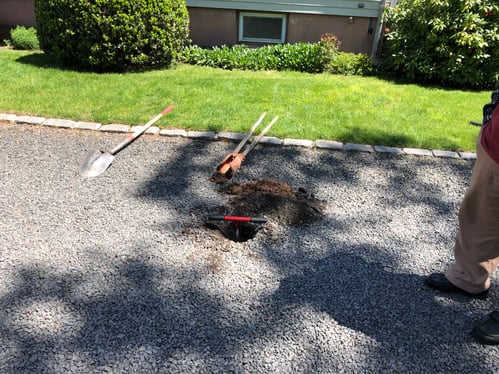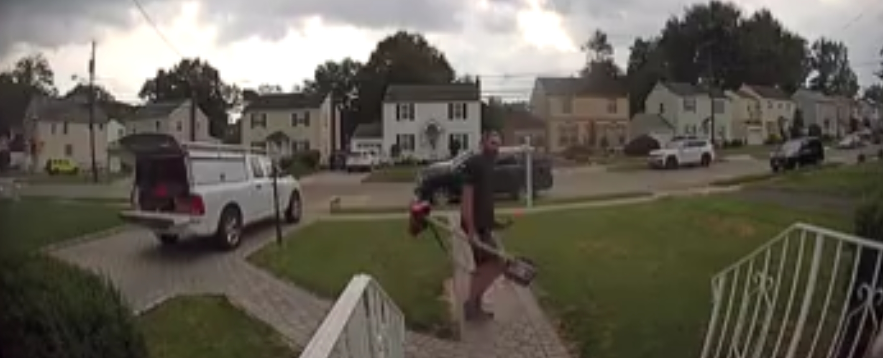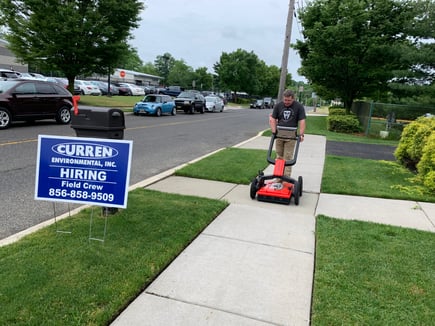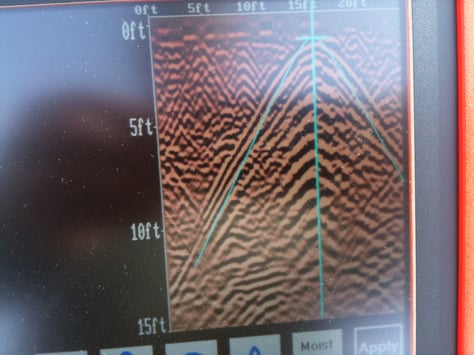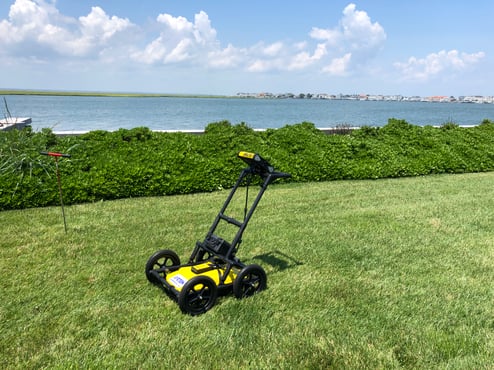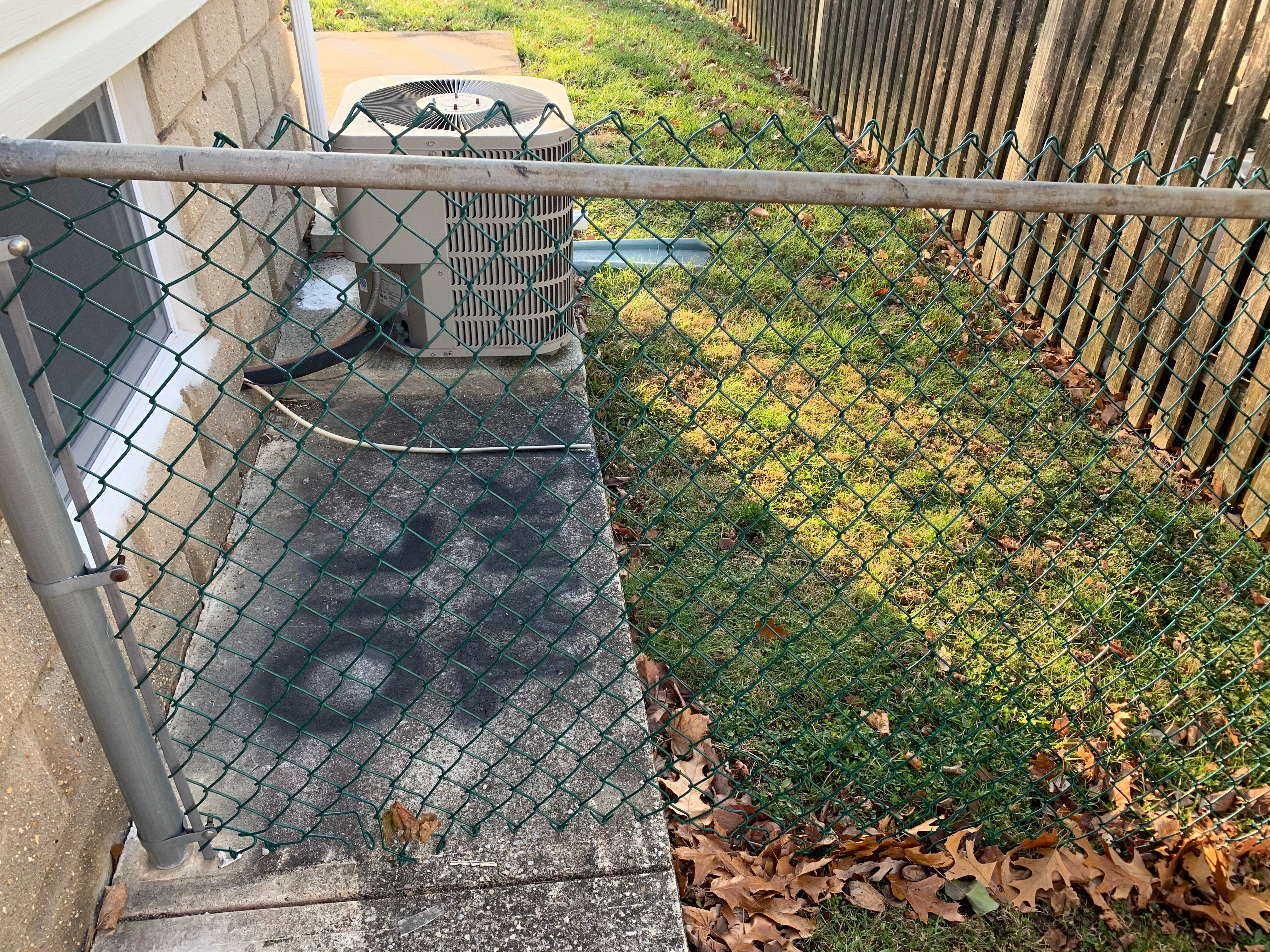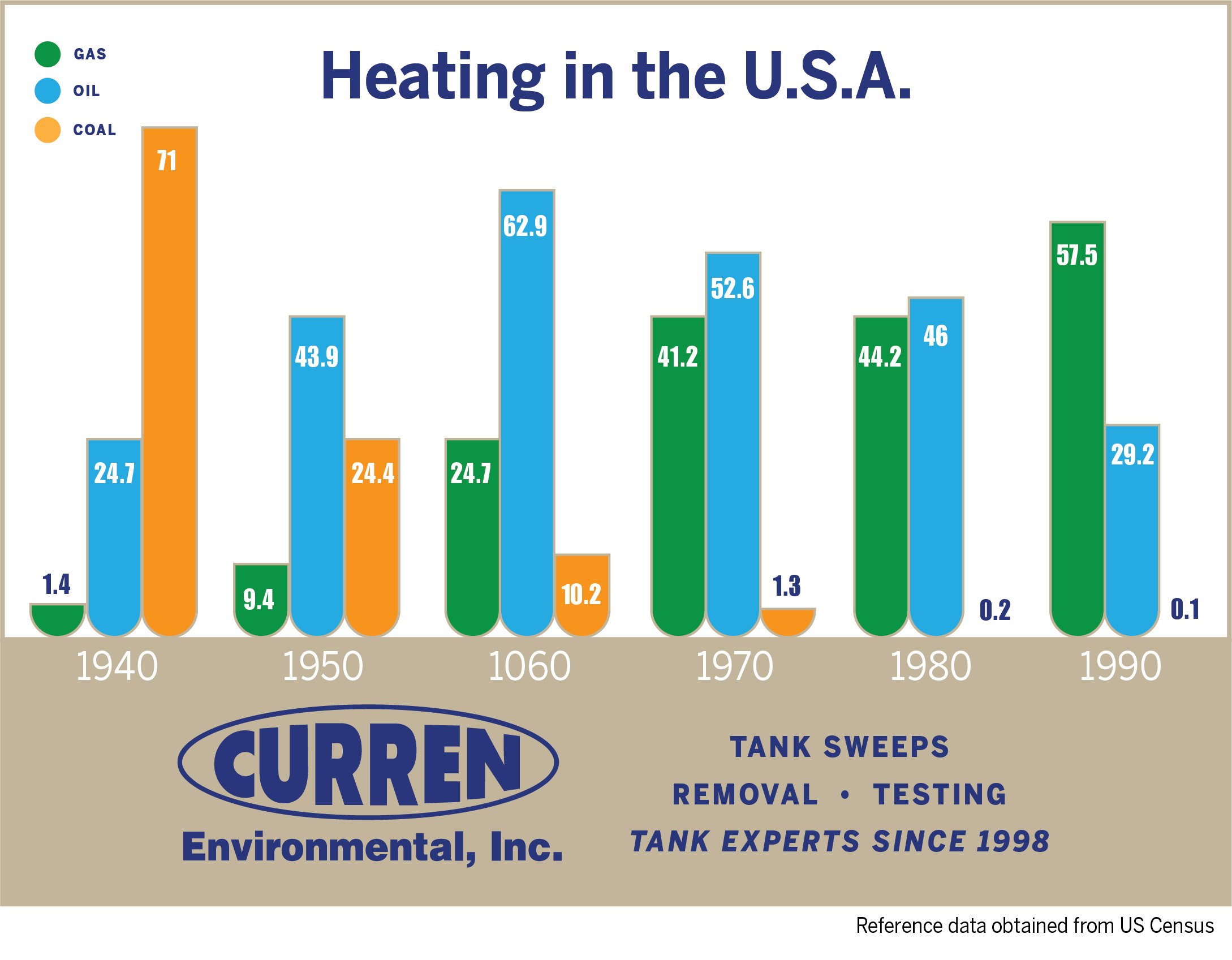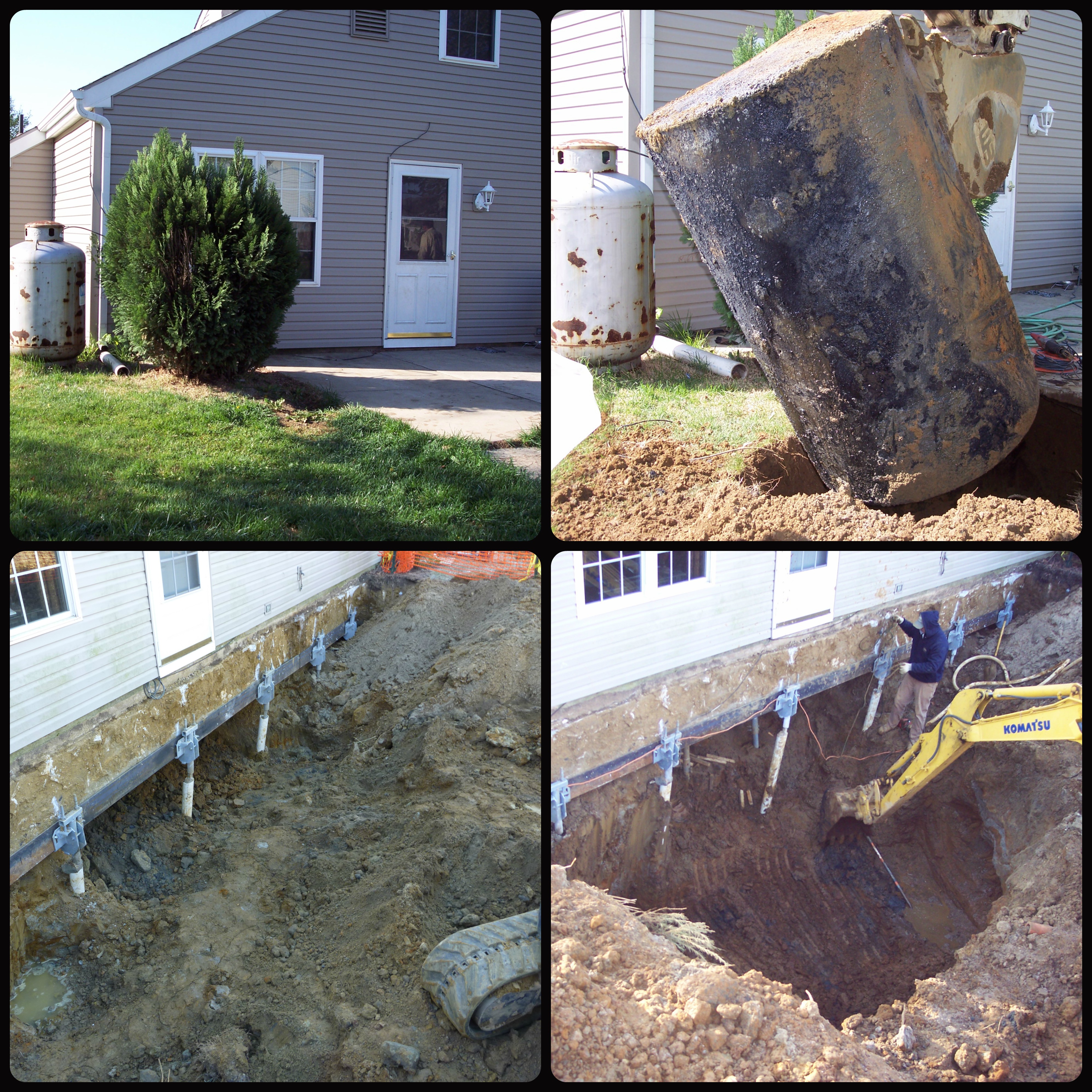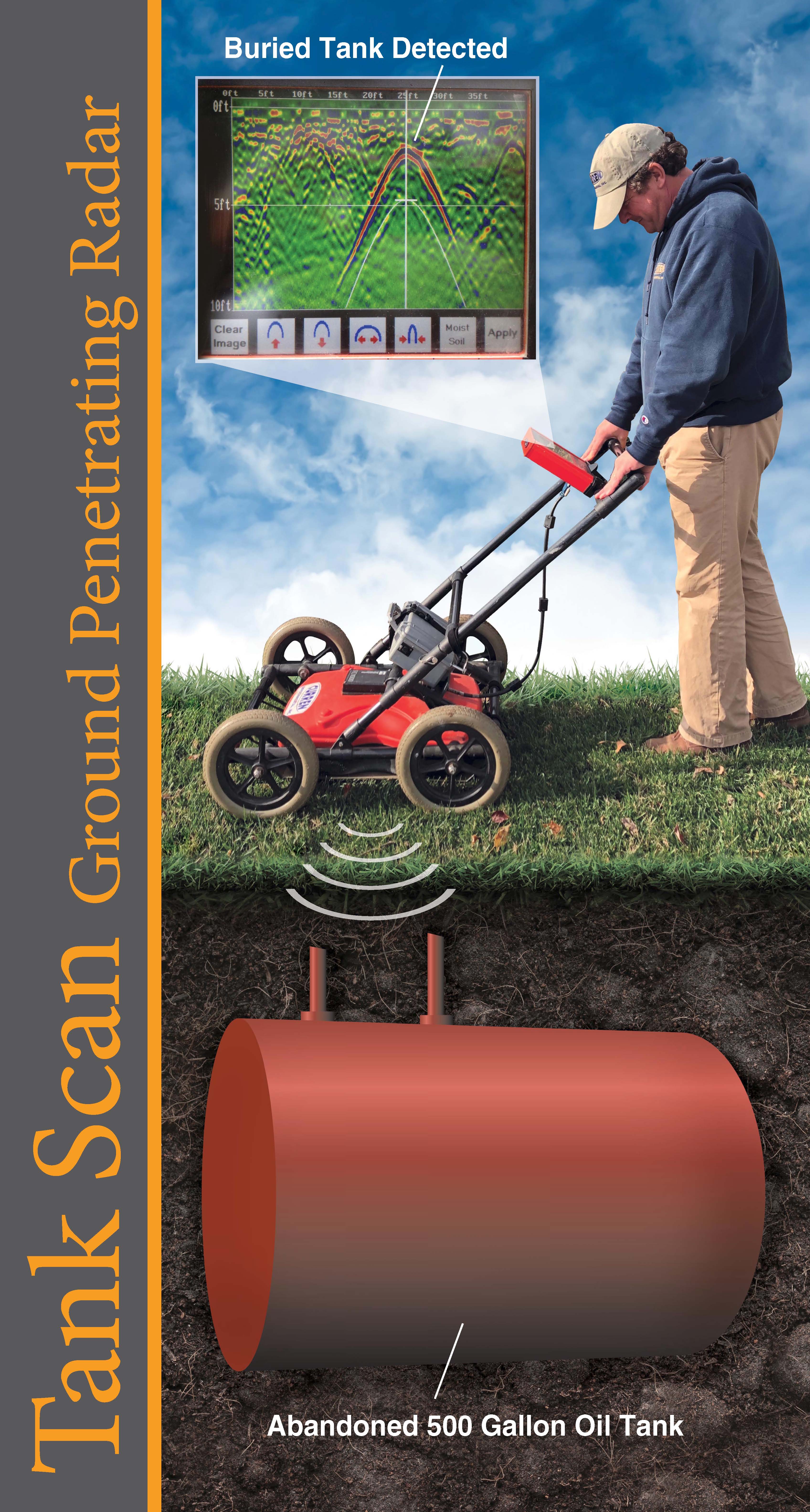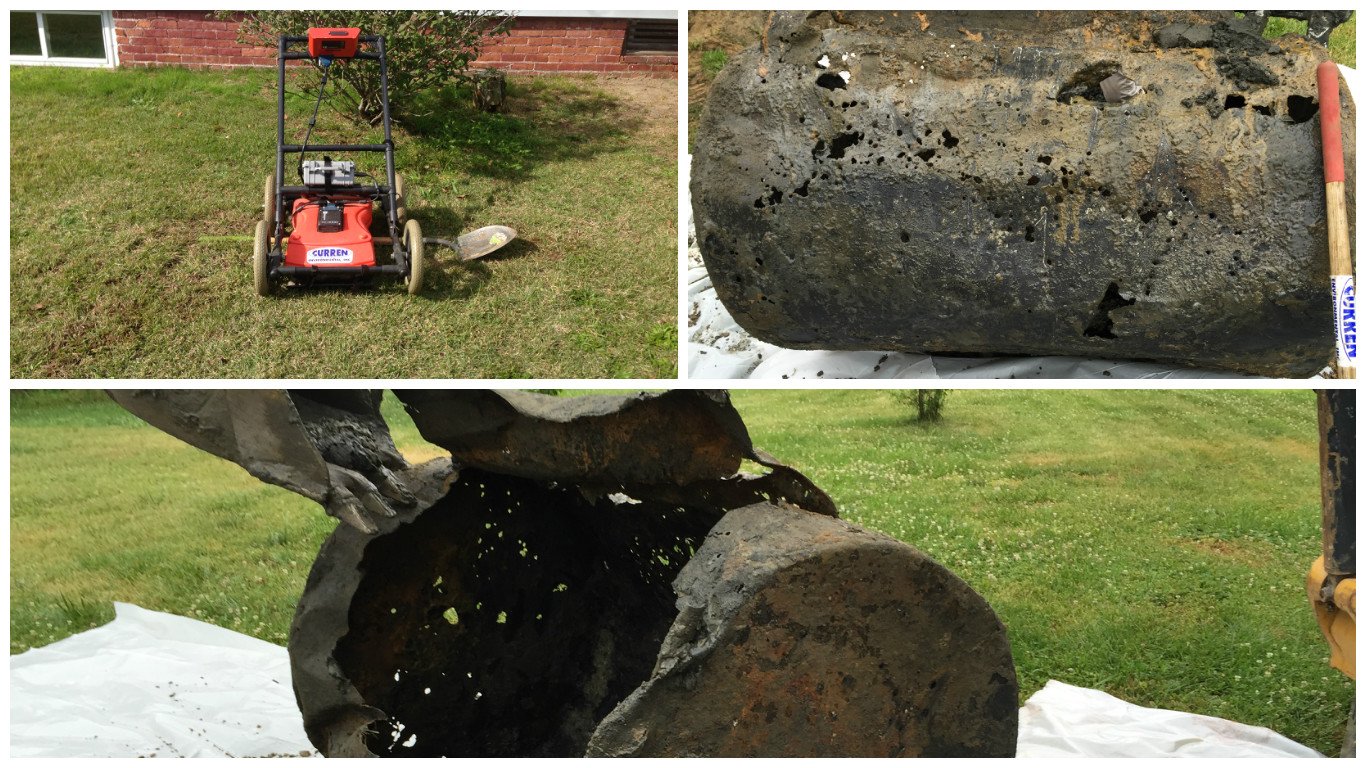Buyer Beware when it Comes to Mold & Oil Tank
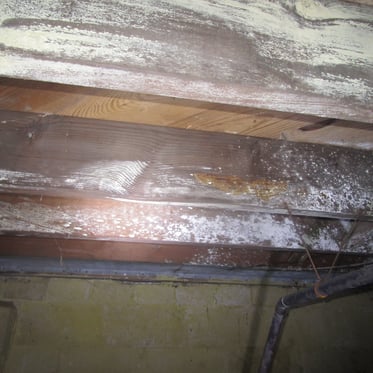
If you are buying a home, it may be your first or may be your third. Either way the internet has no doubt made you a sharper consumer. You can assess the property online by evaluating photos, sometimes 3D tours of the home, school districts, past sale prices for the property and the neighborhood, property taxes, the list goes on. No doubt you know how to google information. So you find the home, make an offer, it goes under contract and now your due diligence happens. A home inspection, etc. You are a savvy buyer so you look into other inspections you can do, Roof?, Mold? Oil Tank Sweep? Yep, you do them all but guess what the seller has access to the internet as well, they may even be buying another home so they have concerns with inspections of their own. But since they are selling they are also concerned with what you might find and the cost.
Be fair, if you had a buried tank at a home you were selling and you googled oil tank leak and the following photo popped up, how forthcoming would you be about the tank?
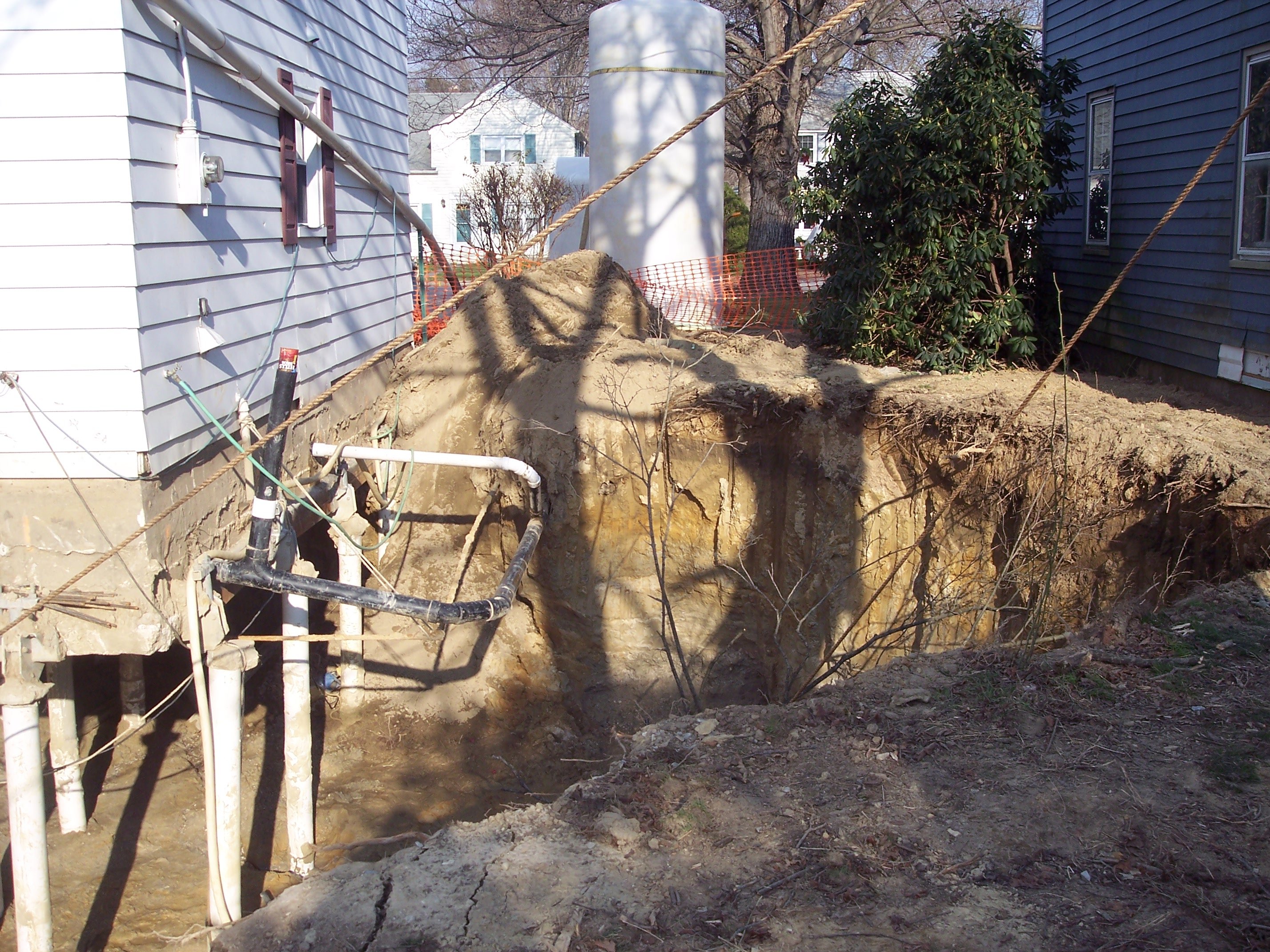
True statements:
Sellers don't want to have to spend money to sell their homes.
Buyers, don't want to spend money on unexpected repairs, mold and oil tanks are top of the list.
Both items are not covered by a home inspection, so while a home inspector may flag that the hot water heater needs to be replaced, they are not going to point out a $4,000.00 mold remediation.
The best advice we can provide is to be aware of what inspections are prudent during the home buying process.
Regarding tank sweeps, they can be a lifesaver. Tank Sweeps
Tank Nightmare aka property listed again with no mention of the oil tank
The contract of sale falls apart due to the oil tank.
The story goes that the owner selling their home finds that their old unused oil tank is not a selling feature so they decide not to mention it on the listing information. Home goes under contract and out of guilt, sellers admit to an oil tank when asked. Curren quotes the removal and the seller wants to know what happens if the tank leaks. The seller decides not to remove the oil tank, this killed the deal.
Fast forward a few weeks, and the property is relisted, again with no discussion of an oil tank. So now a seller is flat out forgetting a tank was known to exist (I don't say lie) and we get a call from a new buyer for the home and they want us to do a tank sweep.
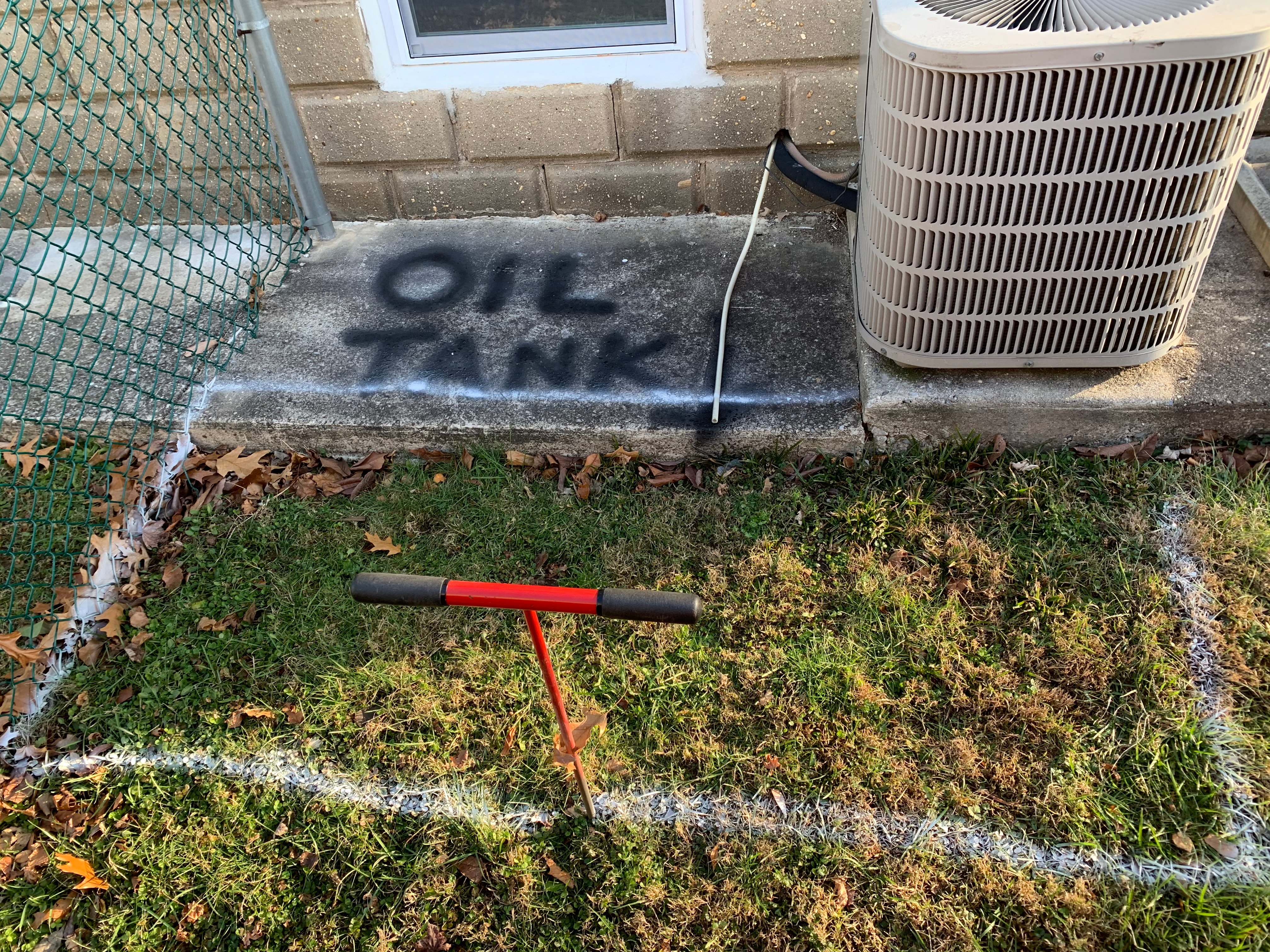
Really, must we be the only straight-talking people? Hey, this situation is easy to resolve, we remove the tank.
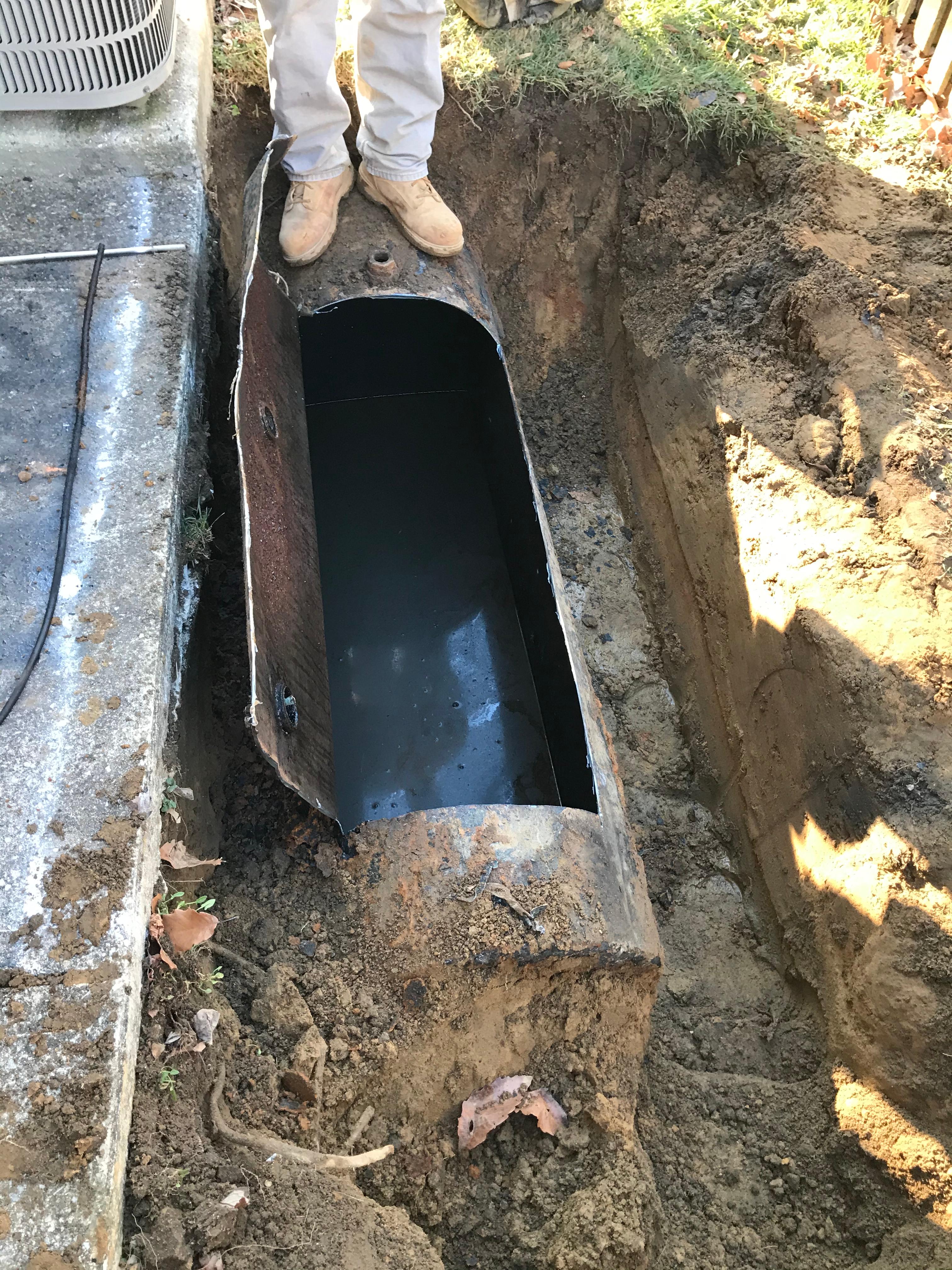
But how about the person who buys the house with a tank that was not disclosed (we found it for another buyer) and they get transferred with their job in a year and have to sell the home?
The anger, the lawsuits, heck the only happy people are the attorneys. Happens again and again. Realtors if you are reading and if you know the listing has a tank and the buyers are not disclosing, you better disclose, I have a few realtors getting sued for this. Email can be forever, people talk, buyers share bad news (ever hear of social media?), I am not going to say how each attorney researches facts, to trace how someone knew something and didn’t disclose it or blankly fabricated an untruth, but it's much easier than you think.
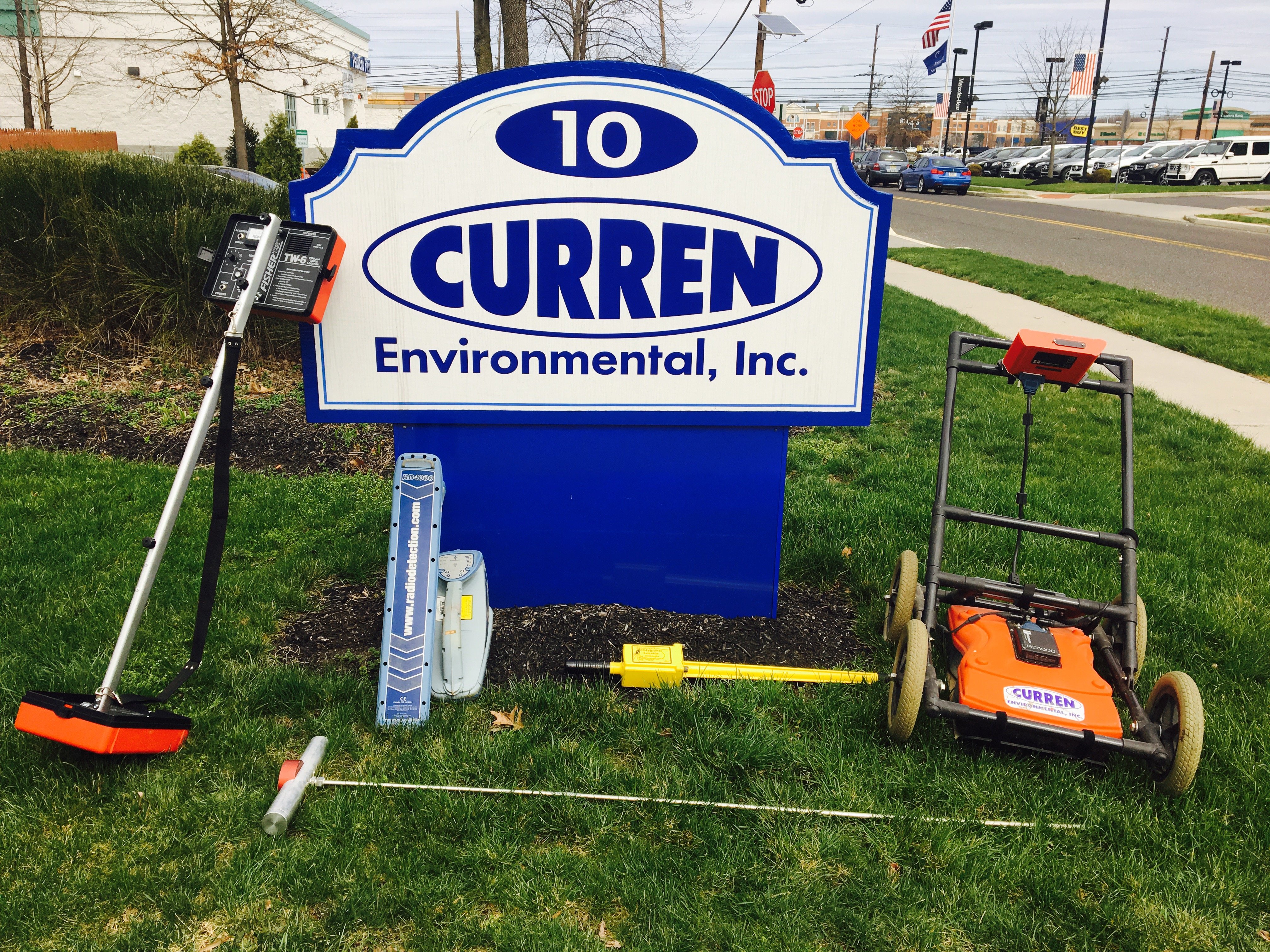
Now to be fair we have been around for over 20 years, we touch thousands of sites a year and every so often we get a boomerang. What is a boomerang? A project we were involved with stopped dead in its tracks, Curren finds a tank, finds mold, finds contamination, the deal falls through, owner cancels the contract for tank removal/mold. Ok it happens, we aren’t pushy, if the owner changes their mind they have our number.
Why talk about this, because buyer beware, I would rather consult for a buyer to interest BEFORE they buy a problem.
Why are we happy when we find a tank, find mold, or contamination for a buyer? Because our client doesn't own the property yet, we did our job we found a problem and now this problem can be presented to the seller for correction. Surely the seller doesn’t want to sell you an environmental problem costing thousands of dollars? Sadly there is a % of people that will, many step up, but some sellers do not, hence you need for proper due diligence.
When buying a home a home do your due diligence.
Tank sweeps? Click here Tank Sweeps
Mold Inspection Click here Mold Inspections
Expert advice you can rely upon, that Curren Environmental.



